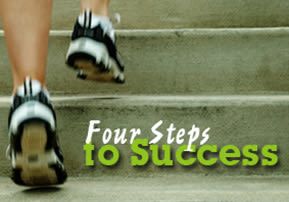
Four Steps to Success
True, we should have been doing teshuva all year long, every single day. But what do we do now that the Ten Days of Repentance and Yom Kippur are upon us?

True, we should have been doing teshuva all year long, every single day. But what do we do now, that Rosh Hashanah, the Ten Days of Repentance, and Yom Kippur are upon us? The following is a last-minute four step guidebook in preparing for the fateful trial and succeeding in the Heavenly courtroom, and utilizing the days of judgment to insure a favorable verdict of a blessed and wonderful New Year.
Step one: Avoid the Judgment Trap
Rebbe Nachman of Breslev teaches (see Likutei Moharan I:113) that before an accused person is finally sentenced in the Heavenly Court, the judges ask that person if he/she agrees to the verdict.
Who would be so daft to agree to a guilty verdict against themselves? You’re right – no one. Ah, but here’s the trick: If the Heavenly Court would ask us about ourselves, surely we’d have a whole string of “justified” reasons and excuses to get ourselves off the hot-seat. But, the Heavenly Court is crafty; we are asked to judge another person. Our judgment of a fellow human is in effect our judgment against ourselves, what’s known as “the judgment trap”. Let’s view an example:
Elaine is an outgoing, highly popular college student with dozens of friends. Susan is bashful, and has one good friend, Jill. Elaine is jealous of Susan’s relationship with Jill, and attempts to lure Jill away from Susan, using a number of underhanded methods. Elaine finally succeeds, and Susan is left with no friend, devastated and broken-hearted.
Elaine comes home on a weekend, and finds her parents extremely upset. “What’s the matter?” she asks.
Her mother sobs, “The county is closing down your daddy’s outdoor fruit market; they’ve confiscated our lot to build a highway overpass. We won’t get half of what the land is worth. They’ve left us without a livelihood!”
Elaine screams, “Let the %$#@& county commissioner burn at the stake! There are at least fifty other places where he can build his *%^#@ overpass! Why pick on our lot?!”
Elaine has just signed the Heavenly verdict against herself. She was shown a situation almost identical to what she did, by taking Jill away from Susan. Elaine – in her own words – has convicted herself to burn!
We have to be extremely careful to avoid falling into “judgment traps” such as the one described in the above example. Before we voice an opinion, we should stop and think that we may be sentencing ourselves for a very similar misdeed. In order to avoid inadvertently sentencing ourselves with stiff verdicts, we should be lenient and understanding with others.
The week before Rosh Hashanah is notorious for being a week of “judgment traps”. The best policy is to speak minimally this week, limiting our speech to prayer, Torah learning, healthy family relations, and the barest necessity for whatever business, trade, or profession that we need to make a living. When we do speak, we should exercise extreme caution to avoid judging others. If we do judge others, we should go out of our way to give them the benefit of the doubt, be lenient, tolerant, and understanding. This is especially critical in our judgments of our spouses, children, and parents.
Nobody escapes judgment traps. Nathan the Prophet ensnared King David into a judgment trap (see Samuel II, 12: 1-7). Hopefully, having become aware of judgment traps, we won’t sign harsh verdicts against ourselves or against our fellow human.
Step two: Forgive and be Forgiven
There are two ways to gain forgiveness for all our sins before the day of the fateful trial on Rosh Hashanah and during the processing of the verdict before Yom Kippur:
1. The long, hard way is to do some arduous soul-searching, while going down the entire list of all 613 commandments and writing down which commandments we slipped on. Then, for each transgression, we have to apply the four stages of teshuva – confession to Hashem, remorse, cessation of sin, and commitment to do better – for each and every transgression. For a person who doesn’t spend at least an hour a day all year long in soul-searching and self-inventory, such complete teshuva is a difficult, if not unachievable, task.
2. The guaranteed short cut is presented to us by our Talmudic sages as a lifesaver from a harsh verdict. Rava says (tractate Rosh Hashanah, 17a), “One who forgives an affront is forgiven all of one’s sins.” This is a carte-blanche, signed check from our greatest sages (an identical idea can be found in the Zohar, see Midrash Ruth – Rav Kruspidei’s speech), promising us that if we forgive those who insult as – whether accidentally or willfully – we shall be forgiven all our sins.
In light of the above, when Hashem arranges for someone to insult or humiliate us, especially in the month of Elul, it’s like winning the Irish lottery. But, in order to cash in on the benefits, we must not lose our temper or harbor a grudge in any way. Nothing can cleanse and purify the soul so fast like a juicy insult. The bigger the embarrassment, the better the absolution.
The wonderful thing about verbal abuse, insult, and embarrassment is that Hashem uses them as a substitute for the harshest punishments imaginable, such as death and poverty. Why? The Gemorra says that suffering verbal abuse is tantamount to suffering death. Forgiving a person that attacks our dignity is no easy task.
When a person transgresses, G-d forbid, he or she is sinning against Hashem. As I’ve mentioned several times previously, Hashem governs the world according to the ATFAT principle (a turn for a turn – see Chapter Six of The Trail to Tranquility); therefore, if one is willing to forgive those who sin against him/her, Hashem is more than willing to forgive that person’s sins against Him. The mathematics are simple – forgive and be forgiven.
Don’t be silly enough to think that you’re doing a friend or a loved one a favor by insulting them. Verbal abuse, insult, and embarrassment are very, very serious crimes, that not even teshuva can cleanse, unless one first begs forgiveness from the victim.
It pays to forgive.
Step three: Judging Yourself
On Rosh Hashanah, all of creation passes before Hashem, the supreme and sole Monarch of the Universe, who personally sits in judgment in the awesome trial that determines our fate for the coming year.
The Talmud also teaches that a heavenly court judges the world in general and each person in particular, every single day. All court decisions must receive the final approval of The Almighty, who is much more merciful and compassionate than the court is. Frequently, G-d delays the implementation of an unfavorable decision against a person, to give that person an opportunity for self-evaluation.
When a person mends his or her ways, G-d cancels the verdict altogether. Double jeopardy is illegal in the heavenly court. Therefore, when a person admits guilt after self-evaluation, he or she has in effect conducted his or her own mental courtroom. The heavenly court is no longer allowed to try the case. If the court has already tried the person, but has not yet activated the sentence, then the sentence is nullified.
If a person makes no change in the behavior that led to a guilty verdict, then the spiritual sentencing manifests itself in some type of affliction in this world. The resulting suffering from a person’s own deeds is therefore self-induced.
Don’t wait until the fateful trial of Rosh Hashanah – judge yourself before the heavenly court judges you! The minute a person begins to evaluate him/herself, G-d sends an urgent message that forbids the Heavenly court from passing judgment on the self-evaluator. Again, The Almighty prohibits double jeopardy. When a person judges him/herself truthfully, the Heavenly court is not allowed to touch the case.
Once a person decides to improve in some way, two things happen: One, The Almighty grants the person’s decision the validity of a Heavenly court decision. Two, all punishment is cancelled. As soon as a person decides to improve – even if the decision hasn’t been fully implemented – G-d no longer needs to use punitive stimuli to stimulate that person’s improvement. Also, The Almighty takes keen interest in a person’s self-evaluation, and always listens when a person judges him/herself.
Now’s the time to judge yourself, taking stock of the things you want to avoid doing in the future and identifying those areas in your observance of Hashem’s commandments where you’d like to improve. You’ll be doing yourself the favor of your life.
In an earthly court with human judges, when an accused person pleads guilty, he or she gets the book thrown at them. In the heavenly court, the opposite is true – when one confesses and pleads guilty, yet sincerely asks for forgiveness, one is not only pardoned, but granted a joyous and sweet New Year!
Step four: Public Prayer, Private Intent
The Mishna offers us important advice, especially for Rosh Hashanah, when it says (tractate Avos 2:4), “Don’t separate yourself from the public.” When a person prays as a part of the tzibur (the public community), he or she gets judged together with the entire public. Such a trial is much easier, for it’s less exacting on the individual. Therefore, it’s advisable to pray in an upright community with upright people, preferably led by a righteous person. For this reason, many people travel great distances to pray with a tzaddik on Rosh Hashanah. That’s why we’re in Uman this week.
Praying with the public is important, but sometimes it’s worthwhile just to close your eyes, bury your face in a scarf or hankie (if you’re a woman) or in your tallit (if you’re a man), and pour your heart out to Hashem in your very own words. This way, you have the advantage of the public aspects of prayer (public merits, shofar, kaddish, kedusha, etc.) with the emotion and intensity of your deepest meditation. Don’t hold the tears back.
An old story attributed to the Baal Shem Tov zatza”l tells of a orphaned country bumpkin who couldn’t read the aleph-beit, yet believed in Hashem with simple and pure faith. He came into town to join in the Rosh Hashanah services, but didn’t know how to pray a word. When others cried out in prayer, he simply looked up at the heavens, and said, “Dear G-d, I can’t read or pray, but I know it’s a holy day. I don’t know what the others are saying, and I don’t even know how to express myself. I do know how to imitate a rooster, so I dedicate this call to you…Cockadoodle-doo! Cockadoodle-doo!” As the orphan crowed, the tears streamed down his cheeks, for this was his personal prayer from the inner walls of a pure heart. The Baal Shem Tov said that the orphan’s prayers pierced the heavens, and caused all harsh verdicts for the coming year to be rescinded.
Hashem never turns away anyone who comes to Him with sincerity. Rebbe Menachem Mendel of Kotsk said that nothing is more whole than a broken heart. May you have an inscription in the Book of Life for a blessed and sweet New Year, and may all your prayers be answered for the very best, amen.


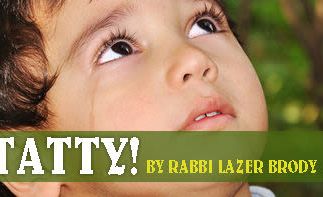

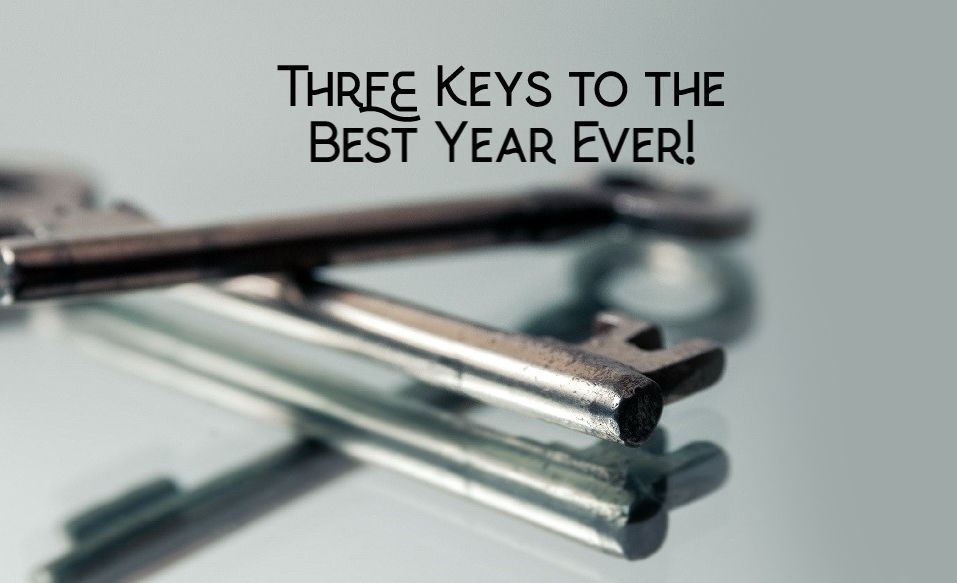
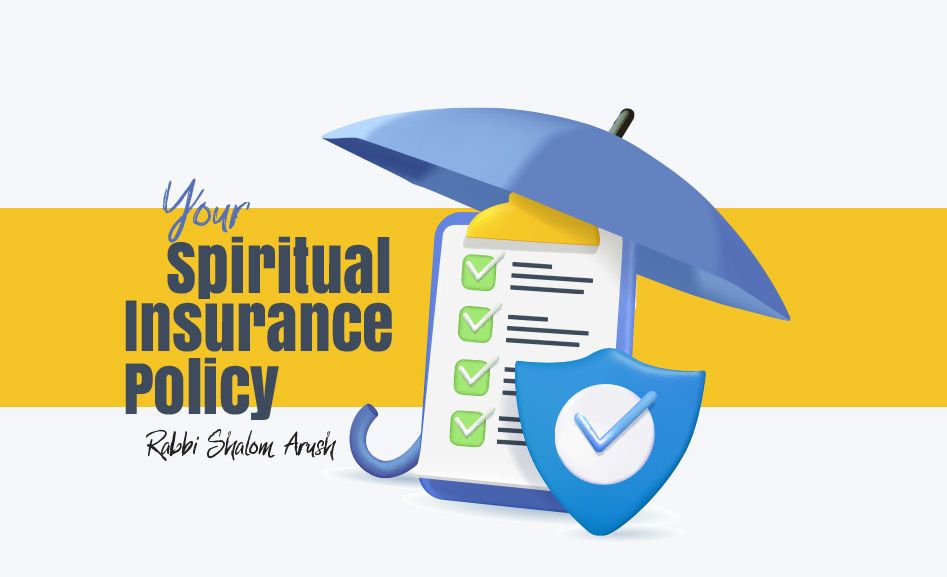

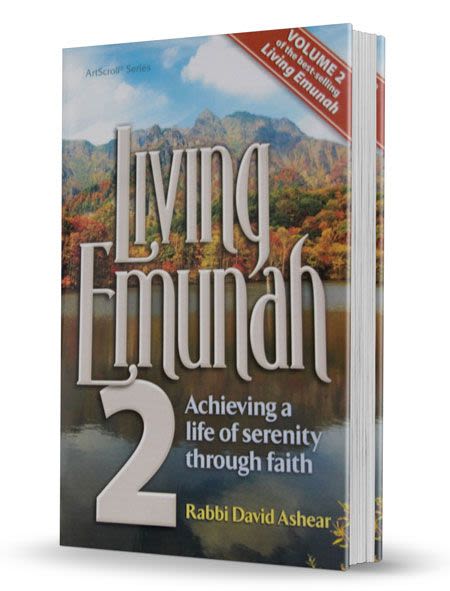

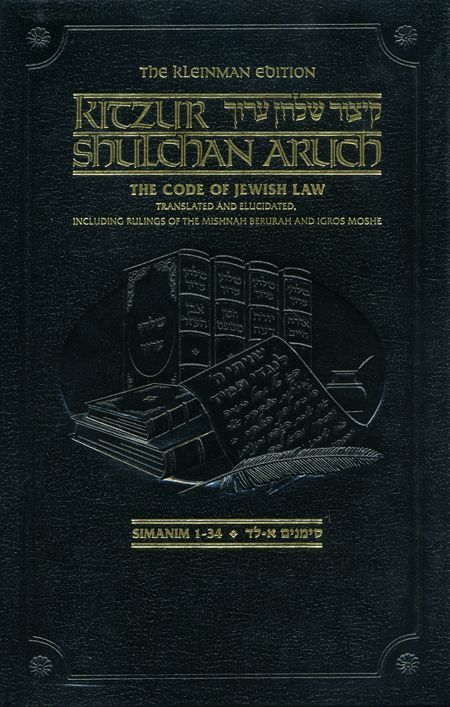

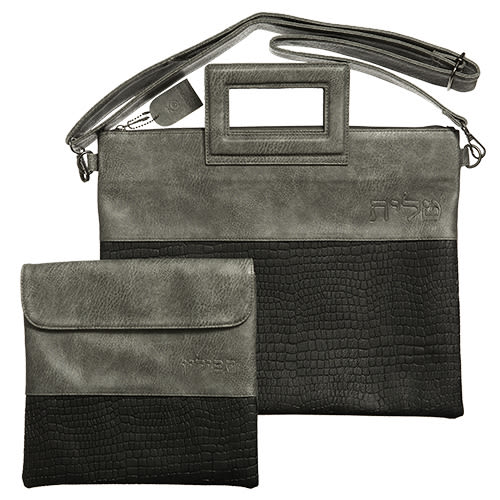
Tell us what you think!
Thank you for your comment!
It will be published after approval by the Editor.